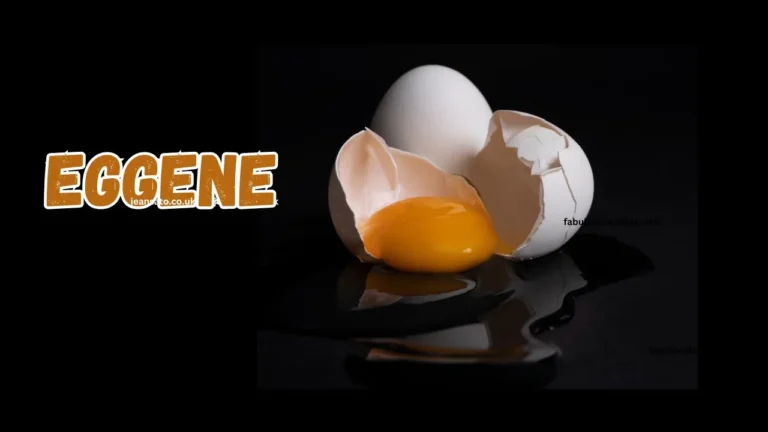Eggene, an intriguing idea within the field of genetics, is gaining attention for its capability function inside the evolution of species. This time period, even though now not broadly identified, refers to genetic components and mechanisms related to the reproductive cells, or gametes, especially eggs in woman organisms. Understanding eggene involves delving into the complexities of genetic inheritance, mutation, and the evolutionary importance of those procedures.
Genetic Inheritance and Eggene
Genetic inheritance is a essential issue of biology that determines how tendencies and traits are handed from one era to the following. Eggene plays a critical position on this procedure, because the egg cellular contributes 1/2 of the genetic cloth required to shape a new organism. This genetic fabric, contained inside the egg’s nucleus, combines with the sperm’s genetic fabric throughout fertilization, resulting in a completely unique genetic blueprint for the offspring.
Mutation and Variation: Eggene’s Contribution
Mutations in genetic fabric are the driving force behind variant inside species. Eggene is no exception to this rule. Mutations can occur inside the DNA of egg cells, main to new tendencies or characteristics that may be advantageous, impartial, or negative. These genetic changes are essential for the technique of natural selection, as they offer the uncooked fabric upon which evolutionary forces act. Over time, beneficial mutations may also turn out to be greater accepted inside a populace, contributing to the variation and survival of the species.
The Evolutionary Significance of Eggene
Eggene is quintessential to the manner of evolution. Through the mechanisms of genetic inheritance and mutation, eggene contributes to the range of lifestyles bureaucracy. The genetic variation arising from eggene mutations can result in the emergence of new species, every adapted to its particular surroundings. This evolutionary system, pushed through eggene and different genetic factors, has resulted inside the vast array of organisms that inhabit our planet today.
Eggene in Reproductive Strategies
Different species show off quite a few reproductive strategies, many of which might be prompted through eggene. For example, some organisms produce a massive number of small eggs, every with a confined amount of genetic fabric, even as others produce fewer, large eggs with extra vast genetic contributions. These strategies mirror the evolutionary pressures confronted with the aid of each species, with eggene gambling a pivotal function in figuring out the most successful technique for replica and survival.
Technological Advances in Studying Eggene
Advances in genetic technology have revolutionized our information of eggene. Techniques which includes genome sequencing and CRISPR gene enhancing have allowed scientists to discover the genetic make-up of egg cells in unprecedented element. These technologies permit the identification of unique genes and mutations associated with reproductive fulfillment and evolutionary health, offering new insights into the role of eggene in biology.
Eggene and Human Health
In human beings, eggene has significant implications for fitness and ailment. Genetic mutations in egg cells can lead to inherited disorders, impacting destiny generations. Understanding the genetic foundation of those conditions is essential for developing remedies and preventive measures. Research into eggene also has ability packages in fertility remedies, genetic counseling, and personalized remedy, providing wish for people and families suffering from genetic issues.
Future Directions in Eggene Research
The look at of eggene is an evolving discipline with many exciting opportunities. Future studies aims to in addition resolve the complexities of genetic inheritance, mutation, and evolution. Scientists are exploring methods to manipulate eggene to enhance reproductive effects and prevent genetic illnesses. Additionally, understanding eggene’s position in evolution can provide insights into biodiversity and the adaptive strategies of different species, contributing to conservation efforts and the have a look at of lifestyles on Earth.
In conclusion,
Eggene represents a fascinating and vital issue of genetics and evolution. Its function in genetic inheritance, mutation, and reproductive techniques underscores its importance in shaping the range of life. As technology advances, our knowledge of eggene will continue to grow, offering new possibilities for medical discovery and scientific improvements.
